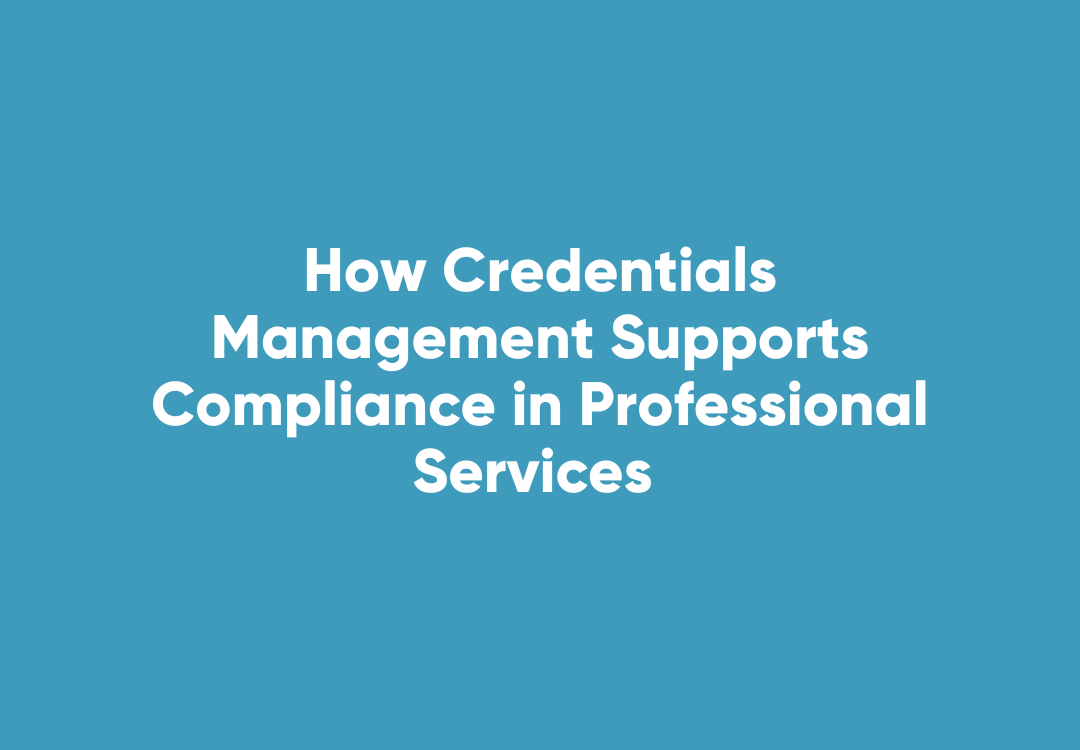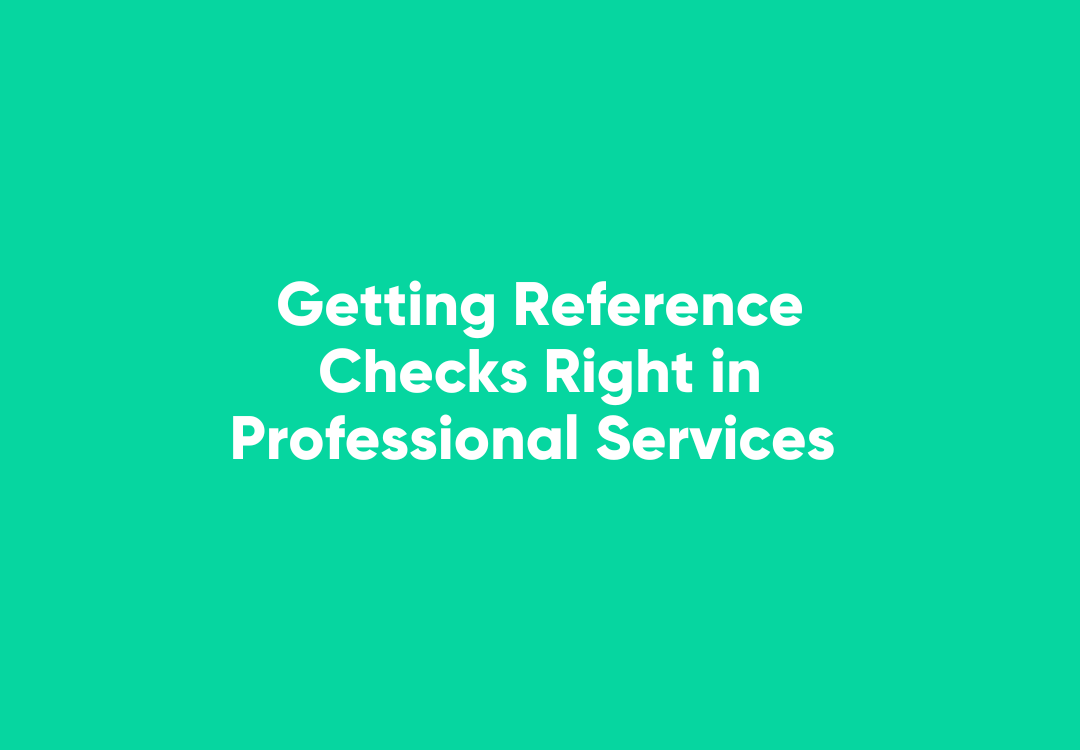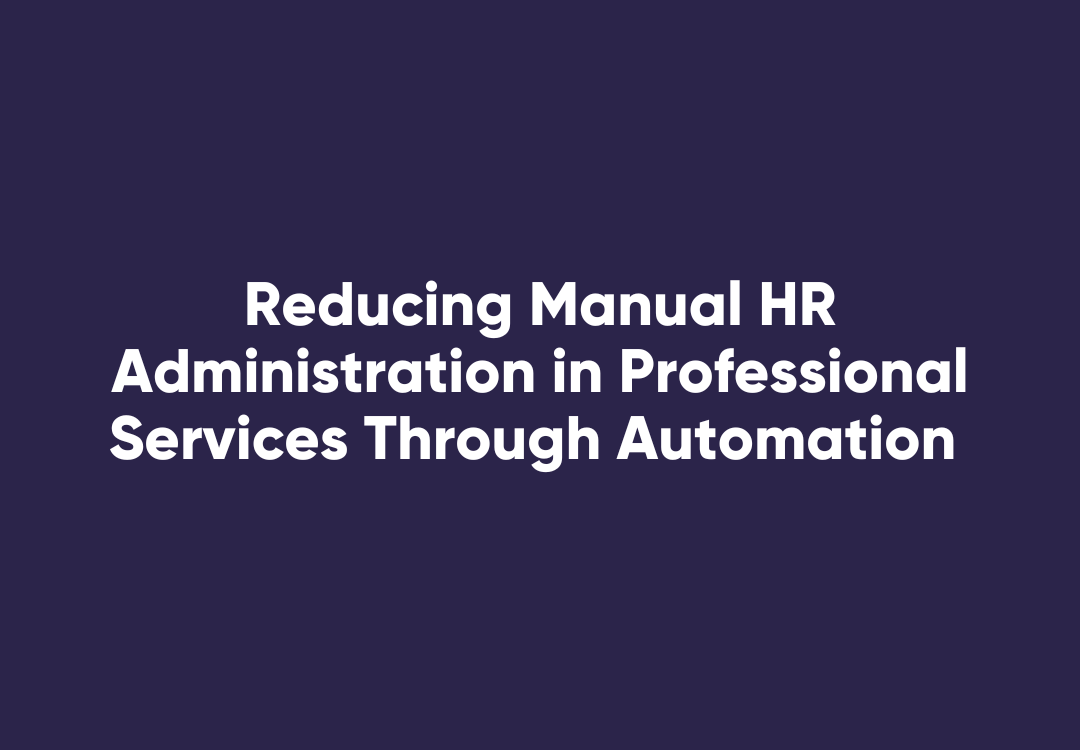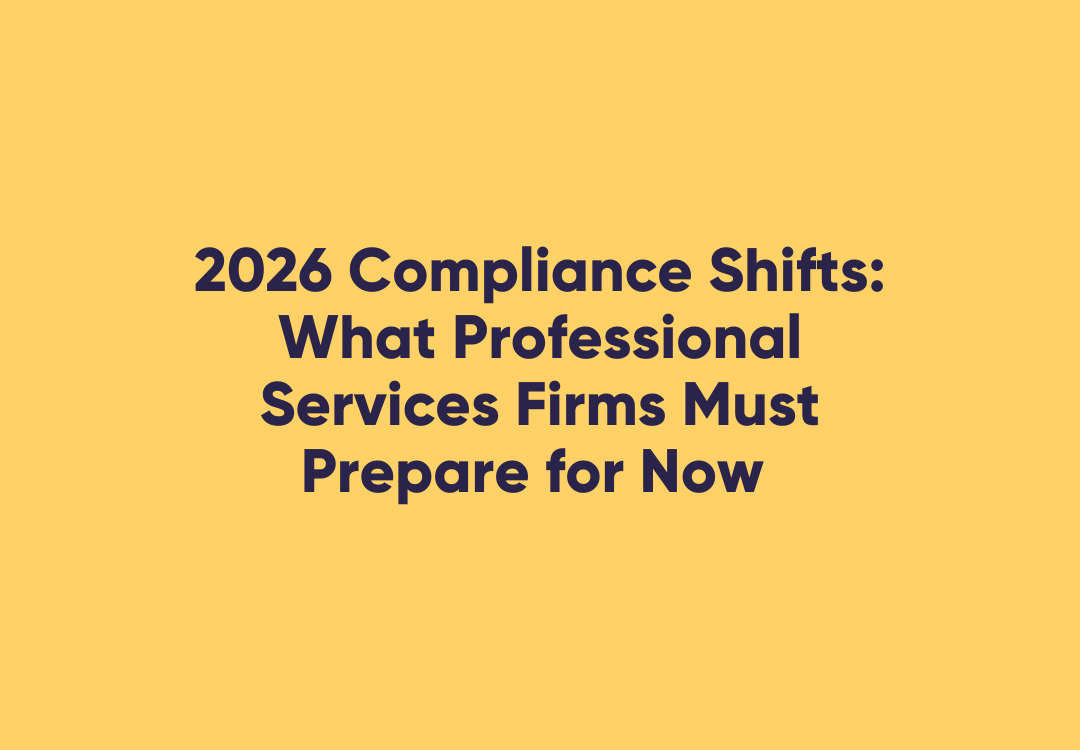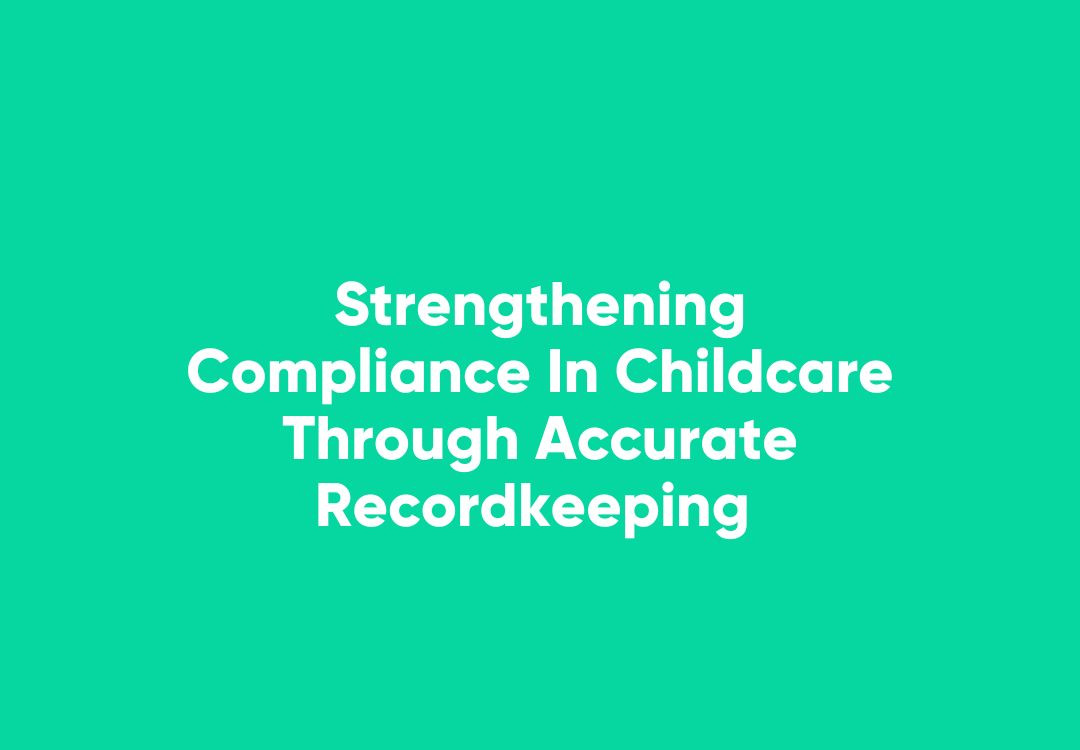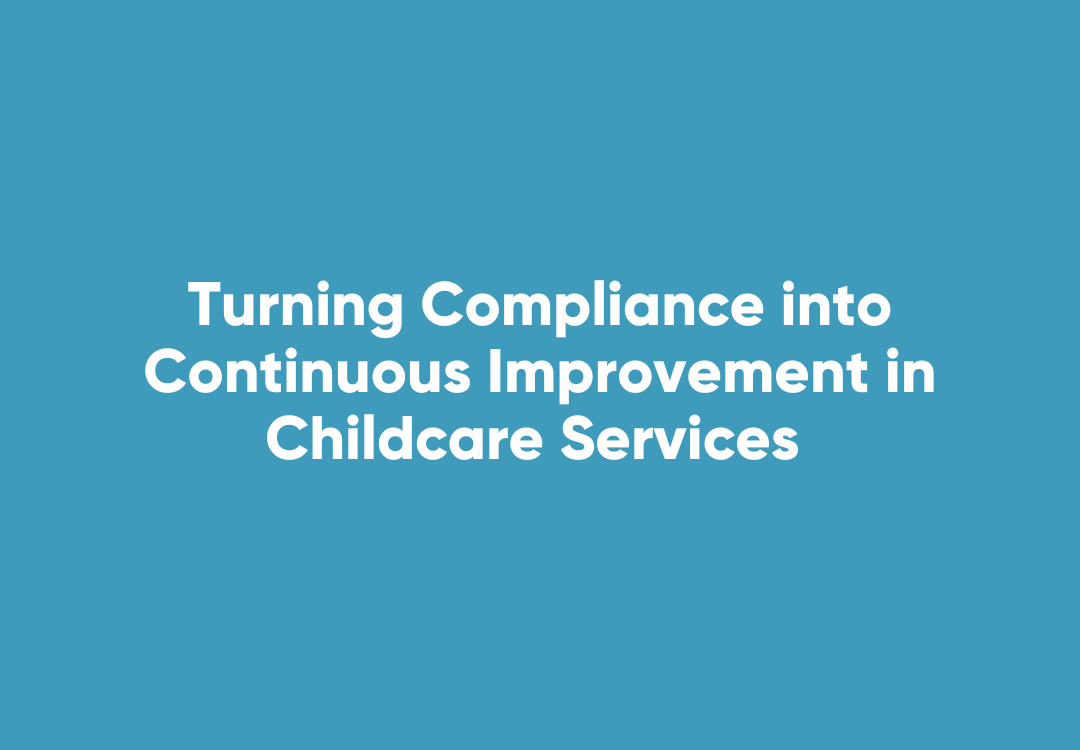Why Employers Can’t Afford to Hire Without a Police Check
The last few years have been very difficult for Australian business with the pandemic bringing new financial and HR challenges.
Lockdowns around the country forced many organisations to close their doors and move their workplace online. For some sectors, this change made recruitment, candidate screening and induction problematic if these processes were traditionally completed face to face.
With so many businesses continuing to have their staff working from home or using a hybrid model, a lot of candidate interviews are being conducted online and hiring decisions made without in-person meetings.
This situation has made it harder for employers to validate a candidate’s identity, as well as detect any signs of employee-related business risks.
Employers simply cannot afford the risk of fraudulent activity as a result of making the wrong hire and it’s critical that every employer has a multifaceted and consistent screening process in place.
Police Checks
One of the best ways for businesses to protect themselves against employee-related fraud is with an Australian Police Check.
Police checks provide employers with critical background information about a candidate’s criminal history, which allows them to quantifiably build an accurate character profile and make well-informed hiring decisions.
Screening candidates with a police check provides hiring managers with peace of mind that they have applied the appropriate governance measures to keep their business safe.
Australian Police Checks are mandatory in many industries but are fast becoming a standard part of recruitment for all Australian employers. ACIC reports that over 5.6 million checks were processed in 2018-19 alone, continuing a steady increase of 5-10% each year since 2016.
Enhanced technology allows employers to check criminal history quickly. Police checks can now be requested online in a matter of minutes, with results returned within the hour.
They’re more accessible and affordable than ever before, ensuring every business can do their due diligence when hiring someone new.
What Police Checks Reveal
Australian Police Checks do two things: they verify a candidate’s identity and scan national crime databases to reveal if the candidate has a criminal history in Australia.
When a police check is performed, one of two outcomes is returned:
- No disclosable outcome: this means there is no police history on record
- Disclosable outcome: there are court outcomes on record for the individual that can be released. If this occurs, more information is provided with the result.
Disclosable outcomes do not necessarily mean an employer shouldn’t proceed with a candidate. What it does is expose information that can be useful to have a discussion with about the results or use the result to inform the final hiring decision.
With so much recruitment still taking place remotely, police checks make a valuable addition to any recruitment program to mitigate unnecessary risk. WorkPro processes National Police Checks seven days a week, with an average turnaround time of 42 minutes.
Does your business need Police Checks? Click below to get started instantly!




